
The Tibetan Human Rights question comes under UN scrutiny once again!
The occasion was the last two days of the UN Committee on Economic, Social and Cultural Rights session in Geneva over 15-16 February, when it reviewed China for the third time on the implementation of the world body’s Covenant on Economic, Social and Cultural Rights. These developments were overshadowed by reports that as part of an annual indoctrination process, the Chinese-appointed Panchen Lama, Gyaltsen Norbu was recently told by a senior CPC official to remain loyal to the ideals of President Xi Jinping!
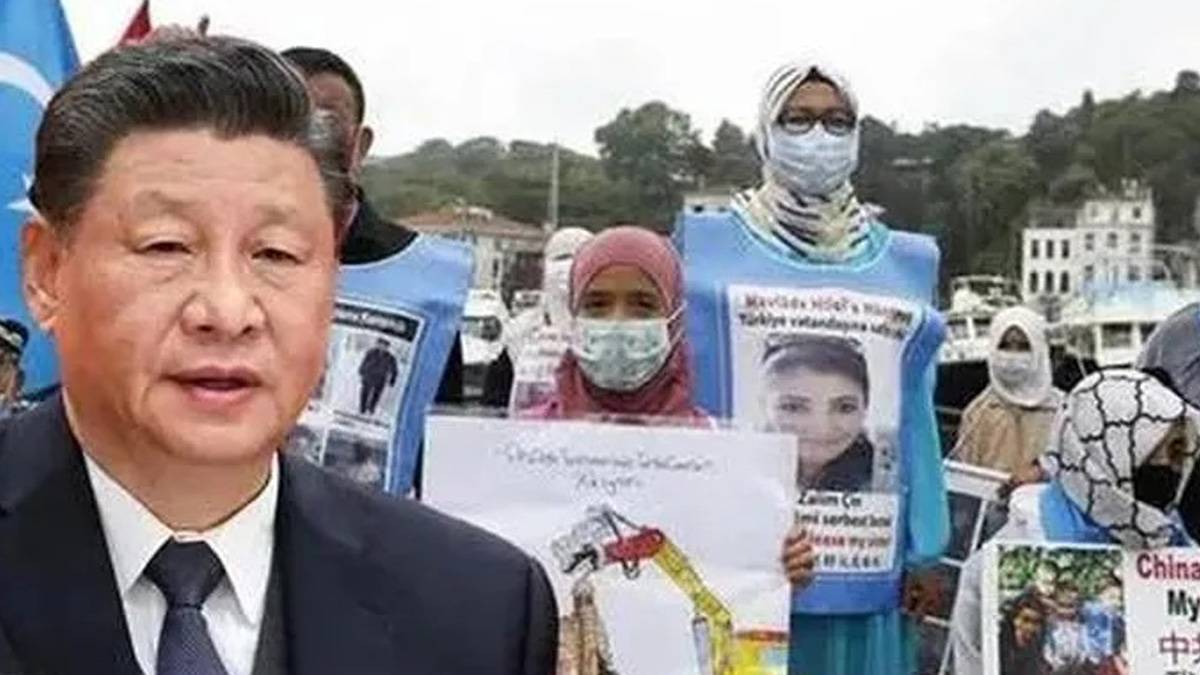
He also expressed the hope that the Panchen Lama would actively make contributions to safeguarding national unity and ethnic solidarity and advancing national rejuvenation on all fronts. Gyaltsen Norbu gets such reminders every year from a relevant top CPC official and this year was no different.
Meanwhile, at Geneva, Chinese Ambassador Chen Xu and a delegation of about 40 envoys from China, faced questions from the UN Committee (Associated Press, 17 February 2023). Ambassador Chen was quoted as saying, “No one can claim a perfect record in human rights protection, as there is always room for improvement. China still faces multiple problems and challenges in promoting and protecting economic, social, and cultural rights,” including “glaringly unbalanced” development and “stumbling blocks” in some areas of reform. Tibet.net reports (17 February2023) that committee members repeatedly questioned China on its mono-ethnic, mono-racial policies enforced by China against Tibetans, Uyghurs and southern Mongolians and noted that these policies were evidently counterproductive and in violation of international laws.
The Committee also questioned China on the persecution of Tibetan human rights defenders, forced resettlement of Tibetan nomads, appropriation and mass-evictions of Tibetans from their lands, forced labour in Tibet, disparity in access to education for Tibetans, forced assimilation of nearly one million Tibetan children in Sino-centric boarding schools, lack of rights for Tibetans to freely practice their religion including the flying of prayer flags and circumambulation (kora) of holy shrines, large-scale destruction of religious sites, and measures to control Tibetan Buddhist practice of reincarnation.
Exasperated by the Chinese delegation’s unsatisfactory line of answering, one committee member apparently remarked (Tibet.net) that if the Chinese delegation considered the well-substantiated allegations of violations as “baseless,” it should provide details of the investigation based on which this conclusion was arrived at.
While the Chinese continue to evade inconvenient questions at Geneva, at home it continues to intervene and shape the narrative on the reincarnation debates of His Holiness the 14th Dalai Lama and further Sinicize Tibetan Buddhism. The latest in the series of such efforts has been the production and airing of propaganda TV programmes. Global Times reports that the TV series, ‘Tashilhunpo’ shown on China Central Television provides an account of the search for the reincarnations of the Dalai Lama and Panchen Lama.
The series emphasizes that “this religious ritual has been supervised by the Chinese central government and conducted within Chinese territory since the late 13th century”.
The Global Times report claims that “China is the birthplace of Tibetan Buddhism and the Living Buddhas are Chinese” to assert that the reincarnation of the Dalai Lama must be carried out within Chinese territory.
Another argument is that “any religious affairs are part of China’s domestic affairs, so it must be done in accordance with Chinese law.” A Foreign Policy report notes that the broader campaign to popularize propaganda in Chinese film and TV is being run by the CPC. Since the early 2000s, main productions have been market-based shows singing mainstream tunes and glorifying the social and political lines that the CPC wants the public to value and imitate.
All these efforts are linked to China’s objective of propagating itself as the sole determinant globally of the reincarnation of Lamas. In 2007, the State Administration of Religious Affairs institutionalized the right of the CPC to decide which Lamas should be authorized to reincarnate, to control the process for identifying the reincarnations, and to certify what reincarnations were genuine through its infamous Order no. 5. Despite being a self-declared atheist state, China has tried to exert control over and misappropriate Tibetan Buddhism and popularize it with Chinese characteristics globally.
The Chinese state has made intense efforts to subjugate Tibet and its people. The latest in this series is the propaganda being aired on state television through programmes aimed at showing that Buddhism is an “ancient Chinese religion” with Chinese characteristics. The very fact that the Panchen Lama has to swear loyalty to President Xi annually is a reminder of how tenuous China’s hold on Tibet is. The international community periodically wakes up to the violation of human rights of the Tibetans, as occurred recently at Geneva. What is needed is a more sustained campaign to declare Chinese actions in Tibet as genocide.
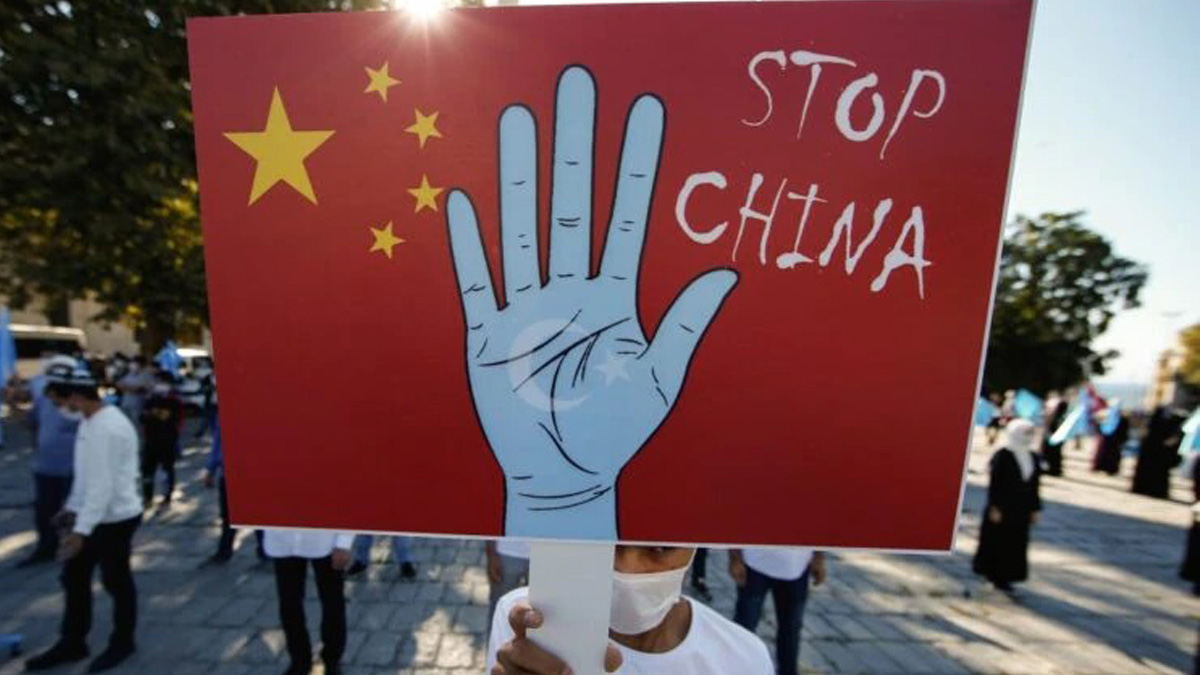



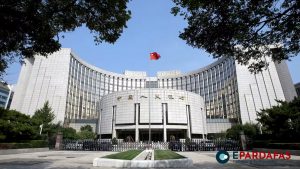
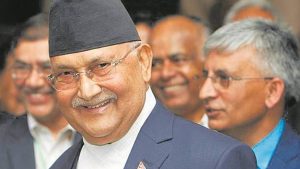

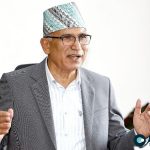

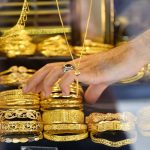


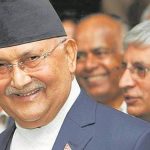
Comments